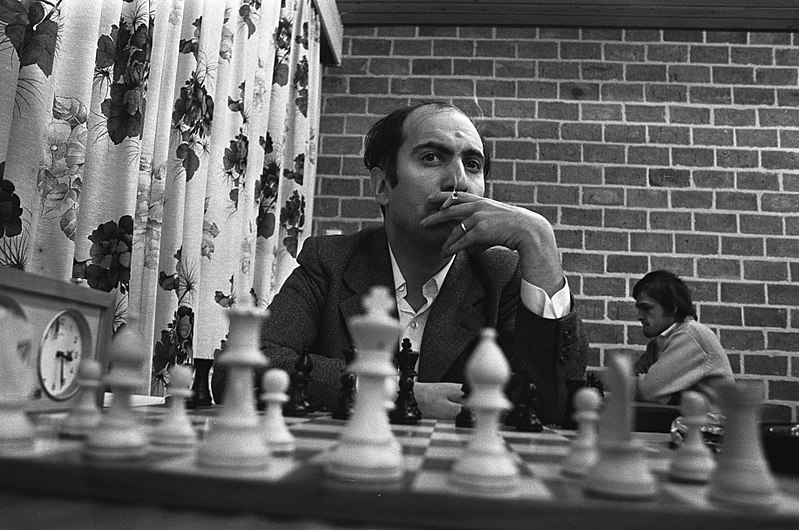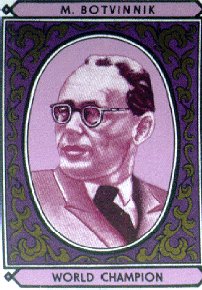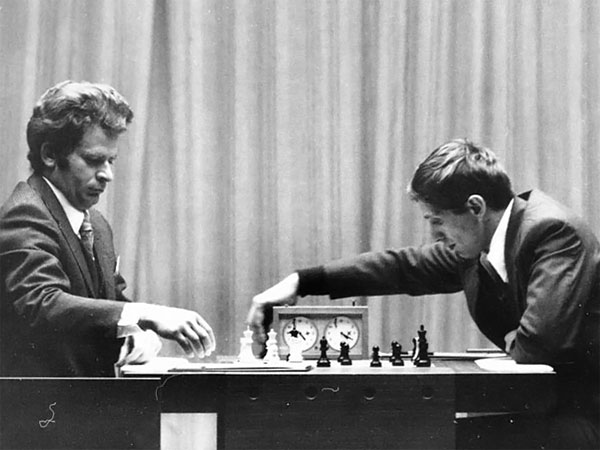


[Note that Jon Speelman also looks at the content of the article in video format, here embedded at the end of the article.]
 With the World Championship match centre stage, I wanted to write about it this week but not in a newsy way — I’m doing this several days in advance and news isn’t my shtick in this column, anyway.
With the World Championship match centre stage, I wanted to write about it this week but not in a newsy way — I’m doing this several days in advance and news isn’t my shtick in this column, anyway.
The 4NCL met last weekend in Milton Keynes for the first session since February 2020. I did play a few London League games over the board subsequently with the last one on March 11th, but these were still my first couple of over-the-board games for 20 months, and I was pleased not to do anything really stupid and to get a win and a draw.
The weekend was just after game 1 in Dubai, and of course we talked about the match a lot at the team meal on Saturday night and in the bar. I found myself going back to two memorable first games of matches just within my lifetime (though I was quite little and didn’t know about them at the time) but way before the possible memories of everybody else. These were the first games of Botvinnik v Tal 1960 and Botvinnik v Petrosian 1963, and I thought I’d add to them with a couple of other decisive (losing) first World Championship games by debutants.
Match chess is very different from tournament play and, with no respite from your only enemy, considerably more stressful. A match is a series of linked battles in an overall war, and you could reasonably say that a war of fourteen games (insert number as appropriate) begins with a single battle.
This, the first game of a World Championship is, as always, a huge deal even for the defending champion (who has played championship matches before) and more so for debutants such as Nepomniachtchi. I suspect that he was reasonably happy to draw as White to get into the match, but of course couldn’t remotely admit this to Magnus.
It wasn’t too surprising that the challenger got slightly outplayed after the opening and when he fought back to equality, or maybe even a sniff at an edge, honours were about even in this opening encounter. Both players showed their mettle but Carlsen did have to reveal an important piece of reconnaissance to Nepo (though of course as I write on Monday it may have been a bluff) — that he intends to defend the Marshall.
The two main games I’m looking at this week were utterly different in character. Mkhail Tal knew that to beat the Patriarch Mikhail Botvinnik, he had to take him out of his comfort zone and he did so consummately in the French Winawer, in which he played what was certainly a surprise at the time: Kd1.

Mikhail Tal at the 1973 Hoogoveens Tournament | Photo: Bert Verhoeff, Anefo
It’s said that when the Armenian hero Tigran Petrosian was preparing to take on Botvinnik they banned traffic from his street in Erevan so that he could concentrate properly. It didn't help him in game 1 since he was horribly nervous and was routed after playing in his own words “roughly at first category strength not even at candidate master”. But he recovered, won the famous game 5 in which his white king marched to g7, and subsequently triumphed.
In the build up to the match, Petrosian had had sufficient political clout to get FIDE to remove the return match clause which had helped Botvinnik against Smyslov and Tal — and Petrosian defended his title once against Boris Spassky before Spassky beat him in 1969 leading to the match with Bobby Fischer in 1972.
The first game from 1972 is in the database too. It’s the one where Fischer equalized and then played Bxh2 getting his bishop trapped. I once did a vast amount of analysis on it for one of my books (“Analysing the Endgame”). When I checked with an engine years later I’d done fairly well but missed something somewhere. I’m afraid I can’t find my version at the moment, but have put in the one in MegaBase with annotations by a smorgasbord of giants mostly from the past.

The 1972 Reykjavík match between Boris Spassky and Bobby Fischer
To finish off briefly, completely unchronologically, the first game Vassily Smyslov ever played against Botvinnik in a World Championship. As with Petrosian, it didn’t go well for him, though certainly not as badly as for the wounded tiger.
Select an entry from the list to switch between games